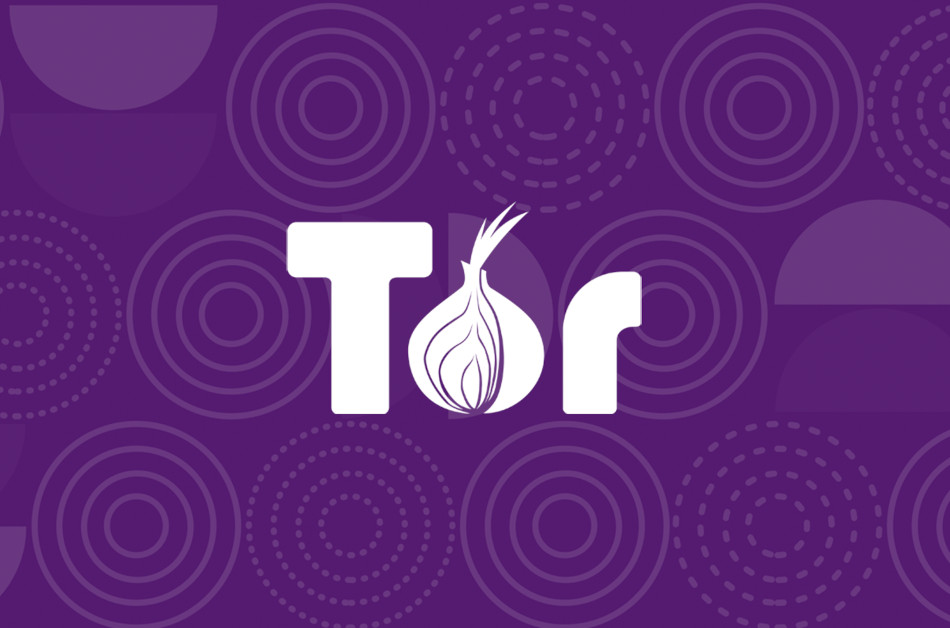
Tor Project Takes Stand Against For-Profit Schemes
The Aim Is Safeguarding Network Security and Privacy
NEWS Security November 21, 2023 Reading time: 2 Minute(s)
In a recent move aimed at safeguarding the privacy and security of its users, the Tor Project has taken decisive action by eliminating multiple network relays that posed a threat to the integrity of the Tor network. Network relays within the Tor ecosystem serve as crucial routing points, orchestrating the anonymization of traffic by transmitting encrypted data from one node to the next. Typically managed by dedicated volunteers driven by a commitment to online privacy, security, and freedom of information, these relays play a crucial role in the functioning of the Tor network. However, The Tor Project uncovered a disconcerting trend among some relay operators who had delved into a high-risk, for-profit cryptocurrency venture. Operating outside the bounds of endorsement or approval from The Tor Project, these operators promised monetary gains through cryptocurrency tokens, raising serious concerns about the safety and reputation of the entire Tor network.
The Tor Project stated:
"We consider these relays to be harmful to the Tor network for a number of reasons, including that certain of the relays do not meet our requirements, and that such financial schemes present a significant threat to the network's integrity and the reputation of our project."
Notably, the removal of these relays prompted widespread community discussions on relay policies and violations. The Tor team clarified that running relays for profit contradicts the altruistic principles that underpin the community's fight against internet censorship and surveillance. The potential proliferation of for-profit endeavors within the Tor network poses a tangible risk, as it could compromise the decentralized and volunteer-driven spirit that defines the Tor community. The fear is that if a substantial portion of relays succumbs to profit motives, the network's safety could be eroded by a concerning trend toward centralization.
Several relay operators, whose relays were disconnected, inadvertently placed themselves at risk due to a lack of awareness about the projects they were contributing to. Additionally, some were found to be operating relays in regions with elevated security risks. Responding to queries, The Tor Project remained tight-lipped about the specifics of the removed relays and the associated risks.
Meanwhile, speculation has arisen within the community with suggestions that the affected relays may be linked to "ATor" (AirTor), numbering close to a thousand. However, this information remains unconfirmed. According to ATor's website, the platform claims to "empower decentralized internet relay operators through on-chain rewards" and aims to facilitate the broader provision of open and anonymous protocols through hardware. The extent of ATor's involvement in the recent removals remains uncertain, adding another layer of intrigue to this unfolding narrative within the Tor community.
[COVER IMAGE BY THE TOR PROJECT
TorProject NetworkSecurity AnonymityOnline PrivacyProtection InternetFreedom Computer News Online Privacy Technology News RSNews RSMax
*Our pages may contain affiliate links. If you buy something via one of our affiliate links, Review Space may earn a commission. Thanks for your support!
CATEGORIES

























COMMENTS